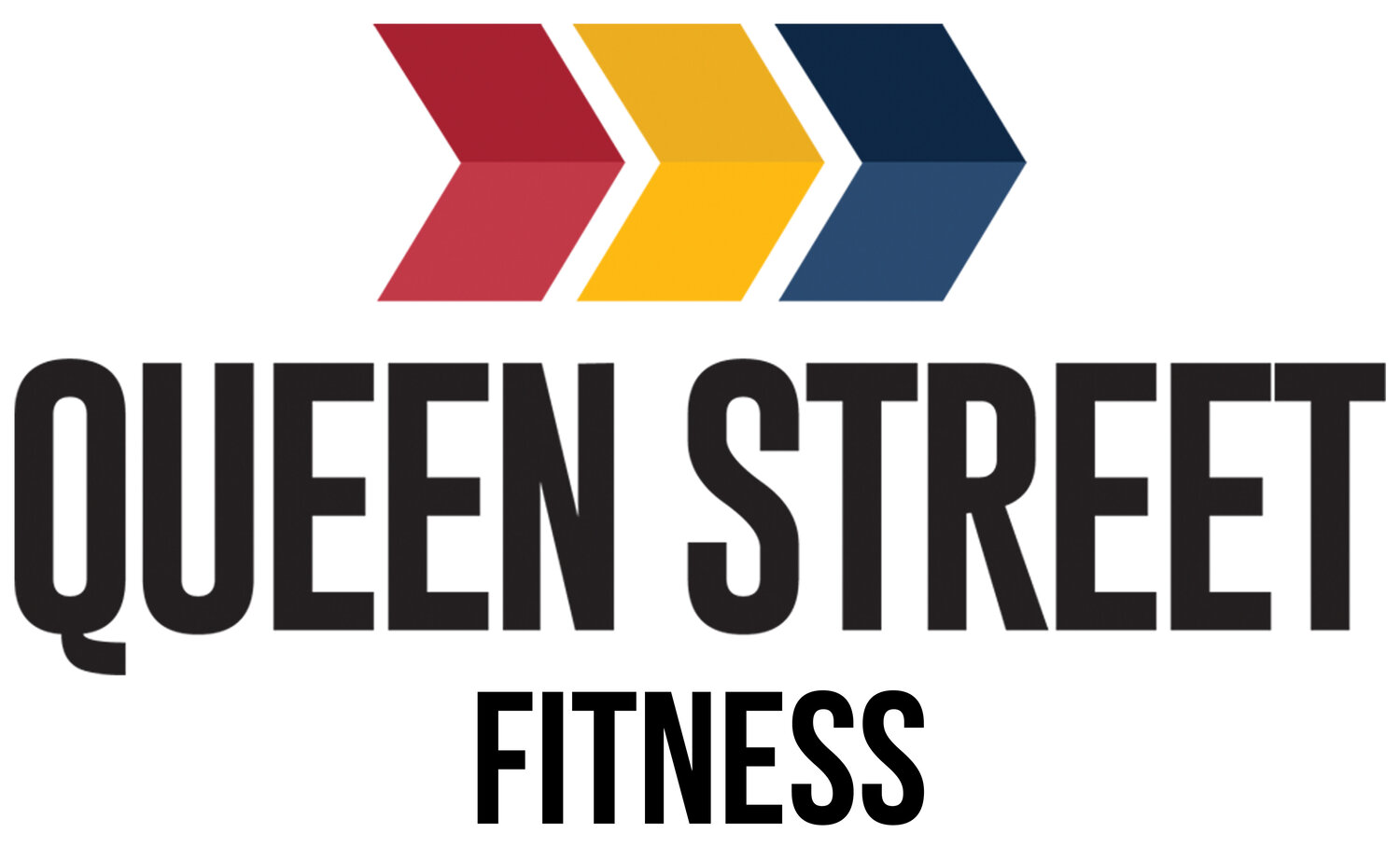In this article we are going to delve into general recovery prescriptions for cumulative fatigue that we encourage all our athletes to follow, from the most beginner to the most advanced. If you are training 8.5 hours a week (that’s 90 mins a day, 5 days a week), that leaves 160.5 hours, more than 95% of your time, for rest and recovery. The best athletes consider the time they spend outside the gym just as, if not more, important to their development as what they do in the gym.
Sleep
Sleep is something we all know we need, but it seems to be the first thing people are willing to sacrifice for other responsibilities and priorities. If you want to make any sort of progress with your fitness, sleep is one of the most powerful tools to manage fatigue, reduce cortisol, and increase performance. The amount of sleep each person needs is individual, but if you are regularly sleeping less than 5 hours a night, we recommend you find time to get more, even if this means cutting back your time in the gym.
If you think you get a good amount of sleep (7-8 hours a night), we recommend trying sleeping a little longer and see how it feels. For most people, this means going to bed earlier. Some strategies for getting more and better sleep include: avoiding caffeine and other supplements in the afternoon, setting a bedtime alarm, avoiding screen time ~1 hour before bed, charging electronics in a room other than your bedroom while you sleep, using an eye mask and/or earplugs, and establishing a regular sleep routine.
Nutrition
After sleep, food is the next most important factor for recovery and managing fatigue from training. It is important to fuel your body with quality, nutritious food. We have a lot of resources on nutrition for you, but here are the basics: eat vegetables and meat (or alternative protein sources). If you are new to CrossFit and are doing more physical activity than you have done previously, and are not looking to lose weight, you may want to consider eating more. Eating more does not mean eating junk, but just eating greater quantities of real food, with specific attention to healthy carbohydrates (fruit, squashes, root vegetables, and minimally processed whole grains).
Hydration
Drinking enough water is critical to all body functions. If you are doing exercise with any sort of intensity, you are going to sweat, and likely feel thirsty afterwards. It is important that you get enough water so that you are avoiding dehydration. However, that water consumption should happen throughout the day; you shouldn’t need to break in the middle of a workout to drink water. Everyone’s needs are different, so we aren’t going to tell you exactly how much water you need, but a good tell is the colour you need more water .
Other (Just Relax!)
Basically anything that releases or relieves stress (in a healthy way) is great for your recovery. This can involve massage, stretching or yoga, cuddling with a pet (or human), meditation or breathing exercises, or any other things that you find help you feel calm or relaxed. At the gym, we have a mat set up in the lounge for ROMWOD (Range of Motion Workout of the Day), and foam rollers you can use for self-myofascial release. If you have questions about ROMWOD or self-myofascial release, feel free to talk to a coach the next time you are at the gym.

